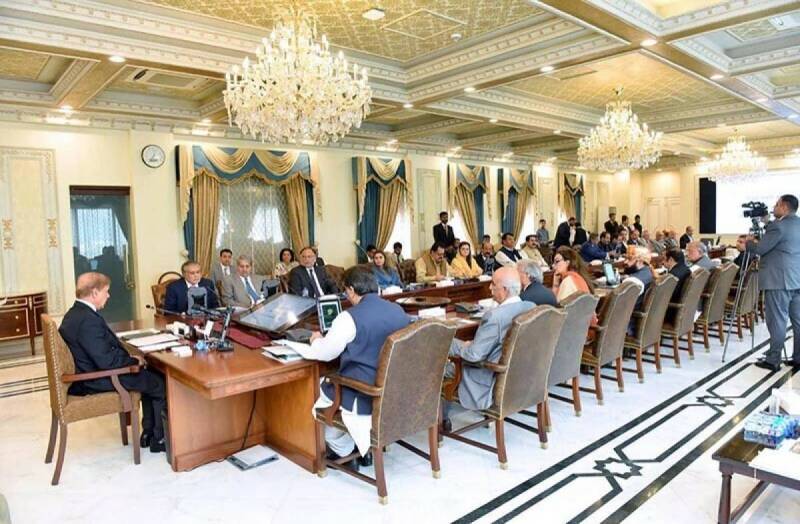The Supreme Court of Pakistan is set to decide whether the government can first encourage businesses to make fresh investments by promising tax credits and then retroactively revoke those credits after the companies have made the investments. This decision carries significant implications for the country’s investment climate and the trustworthiness of government promises.
The case stems from the Finance Act, 2018, which promised companies a tax credit equal to ten percent of any investment they made in upgrading and modernizing their machinery. Based on this incentive, numerous textile companies, including prominent names like Gul Ahmed and Sapphire, invested substantial sums in upgrading their plants between July 1, 2018, and June 30, 2019.
However, after these investments were made, the government sought to revoke the promised tax credits retrospectively. This action prompted a significant backlash from the affected companies, who argued that it was fundamentally unjust for the government to renege on its promises after the investments had been completed and could no longer be reversed.
The affected companies challenged the government’s move in the Sindh High Court (SHC), contending that once the investments were made, the promised benefits should not be withdrawn. They argued that the government’s actions were not only unfair but also detrimental to the business environment, as they undermined the trust that businesses place in government incentives.
In February 2023, the SHC ruled in favor of the companies, allowing all the petitions and preventing the government from retroactively withdrawing the tax credits. This decision was a significant victory for the companies and set a precedent for similar cases.
Following the SHC’s decision, the Federal Board of Revenue (FBR) filed an appeal with the Supreme Court. The case is being heard by a three-member bench headed by Justice Syed Mansoor Ali Shah and including Justice Muhammad Ali Mazhar and Justice Shahid Bilal Hassan. The Supreme Court has reserved its judgment after hearing the arguments from both sides.
FBR’s counsel argued that the legislature has the unfettered right to amend or repeal any benefits at any time, regardless of any previous promises made to the businesses. They maintained that the government must retain the flexibility to adjust policies as needed for the greater good.
On the other hand, Advocate Raashid Anwer, representing the textile industry, argued that the government’s actions were not only legally questionable but also harmful to its credibility. He cited a similar incident in 1989 when the government had promised a ten percent tax credit through the Finance Act, 1988, only to retroactively revoke it through the Finance Act, 1989. In that case, the Sindh High Court had ruled that once companies had purchased new machinery, these transactions were past and closed and could not be reopened.
Raashid Anwer also referenced the 1993 Molasses case in the Supreme Court, where the legislature had retrospectively amended the Customs Act to take away certain benefits from importers. The Supreme Court had held that transactions completed before the enactment of the new legislation were past and closed and their benefits could not be revoked retrospectively.
The outcome of this case will have far-reaching implications for future investments in Pakistan. If the Supreme Court upholds the government’s right to retroactively withdraw promised benefits, it could severely undermine business confidence and deter future investments. Companies may be reluctant to commit significant resources if they fear that the government may not honor its promises.
Advocate Raashid Anwer emphasized that maintaining the government’s credibility is crucial for attracting and retaining investments. He argued that if the government is seen as unreliable, it would have a detrimental effect on the country’s investment climate, which is already in need of a boost.




